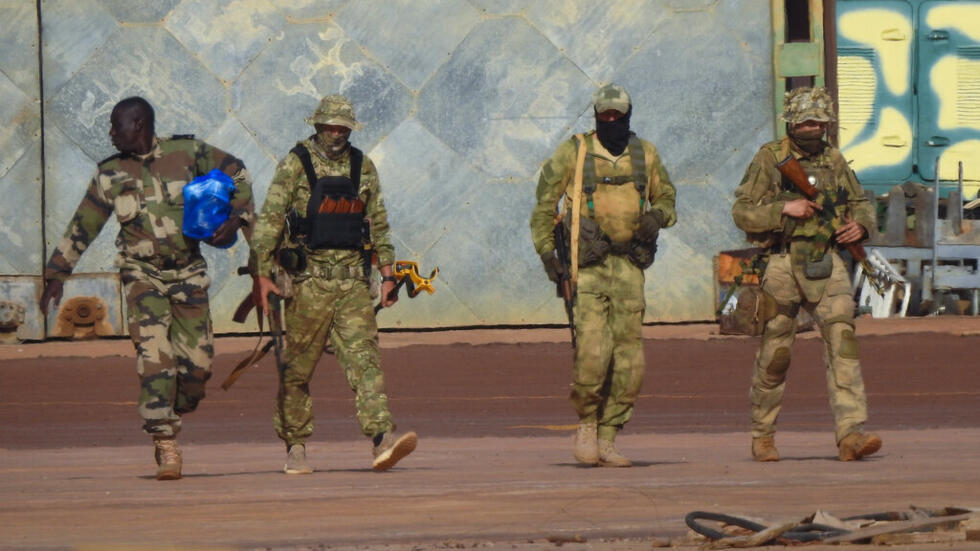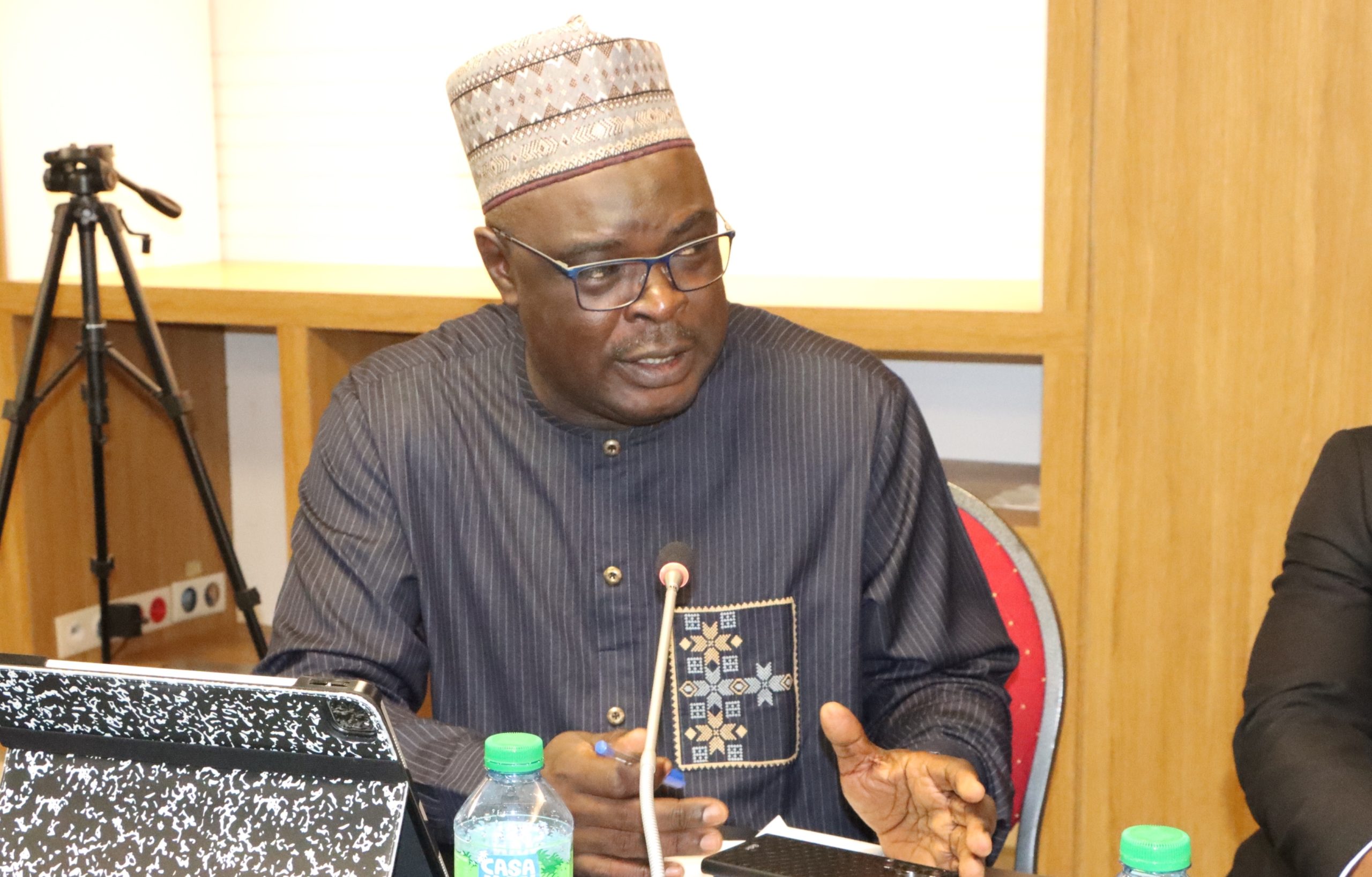Gambiaj.com – (ABUJA, Nigeria) – The ECOWAS Court of Justice has adopted a new set of strategies aimed at tackling the persistent problem of weak enforcement of its judgments across member states. Gambian jurist Gaye Sowe, Acting Deputy Chief Registrar of the Court, revealed the plan at the end of a landmark two-day meeting of Competent National Authorities held in Lagos, Nigeria.
According to Sowe, the new approach centers on improving direct engagement with national officials, bridging communication gaps, establishing clearer guidelines for reparations, and institutionalizing cooperation between the Court and domestic authorities tasked with implementing its rulings.
A key takeaway from the meeting is the recognition that inconsistent communication and the absence of designated competent authorities in some member states have significantly hindered the Court’s ability to ensure compliance with its judgments.
Sowe noted that frequent changes in government personnel often result in a breakdown of contact between the Court and national authorities, delaying or completely derailing enforcement processes.
To address this, the Court plans to maintain direct, ongoing engagement with national officials—rather than relying solely on formal diplomatic or bureaucratic channels.
This shift reflects a pragmatic understanding that sustainable enforcement must be anchored in consistent institutional relationships rather than transient officeholders.
Guidelines for Reparations: Standardizing Outcomes and Institutional Synergy
Another major outcome of the meeting is the agreement to develop clear, standardized guidelines for the award of reparations.
These guidelines are intended to remove ambiguity in the interpretation of the Court’s orders and to make it easier for national authorities to implement them. By establishing transparent procedures and expectations, the Court aims to minimize disputes over the scope or form of compliance, thereby speeding up enforcement.
This initiative could be transformative, as one of the recurring issues has been the inconsistency in how different states respond to financial or corrective measures ordered by the Court. Harmonizing enforcement practices through clear guidance may help streamline responses and reduce delays.
Sowe also emphasized the need to forge lasting working relationships with stakeholders in member states.
Unlike previous practices that often involved sporadic outreach after judgments were delivered, the new strategy envisions preemptive, structured collaboration between the Court and national enforcement entities.
The goal is to embed the Court’s mandate into national administrative routines by fostering familiarity and trust with relevant institutions, such as ministries of justice or foreign affairs. This institutional approach seeks to transform enforcement from an exception into a norm.
While not explicitly highlighted in Sowe’s remarks, the broader context of the meeting suggests that equipping national authorities with the technical and procedural tools for enforcement will be a parallel priority.
Sensitization efforts can help dispel misconceptions about the Court’s authority and reinforce the legal obligations that member states have assumed under the ECOWAS framework.
A Troubling Backlog: Nigeria as a Case Study and the Role of Domestic Law
Sowe disclosed that of the more than 400 cases the Court has handled since the 2005 amendment to its Protocol, Nigeria alone accounted for 125. Yet, only 10 of those Nigerian judgments have been enforced. Fifty remain pending, while 65 were dismissed. This statistic underscores the scale of the enforcement gap and the urgency of institutional reforms.
Justice Ricardo Gonçalves, President of the ECOWAS Court, provided critical context by pointing to another major barrier: the lack of domestication of the ECOWAS Treaty and Court Protocols into national legislation—particularly in dualist common law countries where international law does not automatically apply without legislative incorporation.
Without this legal alignment, even the most well-intentioned national authorities may be structurally constrained in their ability to enforce regional judgments.
Gonçalves called on member states to expedite domestication processes to elevate the Court’s authority and prevent its judgments from becoming symbolic gestures devoid of practical effect.
The Lagos meeting marked a turning point in the ECOWAS Court’s institutional journey. By prioritizing communication, standardization, relationship building, and legal harmonization, the Court is shifting from reactive enforcement to proactive implementation strategies.
As Sowe put it, “The challenge of enforcement has persisted for years. What this meeting has done is to provide a platform for legal and technical experts to brainstorm and propose practical solutions.”
Whether these new strategies will translate into a sustained increase in compliance remains to be seen.
However, for the first time in years, the Court and its partners appear to be aligned around a shared commitment to ensuring that justice at the regional level does not stop at the courtroom door.










